Imagine walking into a healthcare setting for something as routine as a physical examination, yet leaving with memories of your most painful experiences resurfacing. For many survivors of trauma, this is not a rare occurrence—it’s their lived reality. Routine healthcare interactions can unintentionally replicate elements of their past trauma, causing distress, disengagement, and even harm. This is where trauma-informed care (TIC) emerges as a compassionate, evidence-based approach designed to transform healthcare delivery.
a-informed care offers a holistic framework that recognizes and adapts to the needs of trauma survivors. It is not a specialized therapy; rather, it is a mindset—a paradigm shift in how we perceive and respond to the effects of trauma. Rooted in understanding and empathy, TIC ensures healthcare systems meet survivors where they are, fostering safety, autonomy, and healing. This blog delves deeply into TIC, exploring its principles, benefits, and implementation strategies across various settings.
What Is Trauma-Informed Care?
Trauma-informed care is more than just a buzzword—it’s a philosophy of care that shifts the focus from "What's wrong with you?" to "What happened to you?" It recognizes that trauma profoundly impacts how individuals think, feel, and interact with the world. More importantly, it acknowledges that many survivors navigate the healthcare system while carrying invisible scars that can affect their experiences of care.
TIC is not about treating trauma-specific symptoms or syndromes directly. Instead, it integrates trauma awareness into all aspects of care, making every interaction safer and more supportive. This framework ensures that providers recognize the signs of trauma, avoid retraumatization, and actively promote recovery.
Defining Trauma
Trauma is an emotional response to an event or series of events that overwhelms an individual's ability to cope. These experiences may include physical or sexual abuse, violence, natural disasters, systemic discrimination, or neglect. Trauma can be classified as:
- Acute Trauma: Resulting from a single, overwhelming event (e.g., a car accident or assault).
- Chronic Trauma: Arising from prolonged exposure to distressing events (e.g., ongoing domestic violence).
- Complex Trauma: Originating from multiple, long-term traumatic experiences, often during childhood.
The Lifelong Impact of Trauma
Trauma leaves a profound imprint not only on mental health but also on physical and social well-being. Survivors may exhibit:
- Emotional Dysregulation: Difficulty managing emotions such as anger, sadness, or fear.
- Hypervigilance: A heightened state of alertness, often mistaken for anxiety.
- Trust Issues: Survivors may find it hard to trust authority figures, including healthcare providers.
- Physical Health Challenges: Research links early trauma to chronic illnesses such as heart disease, diabetes, and autoimmune conditions.
The Adverse Childhood Experiences (ACE) study highlights the enduring effects of childhood trauma. It found a graded relationship between the number of adverse experiences and the likelihood of physical and mental health issues in adulthood. These findings underscore the need for a trauma-informed approach in all care settings.
The Principles of Trauma-Informed Care
The foundation of TIC rests on five core principles that guide its implementation:
- Safety: Creating a physically and emotionally safe environment is the cornerstone of TIC. For survivors, routine healthcare practices—such as wearing a gown, being touched during an exam, or hearing abrupt tones—can trigger memories of past violations. Providers must prioritize clear communication, consistent behavior, and respect for personal boundaries.
- Trustworthiness and Transparency: Trauma often shatters trust. Survivors need reassurance that their healthcare providers are honest, reliable, and have their best interests at heart. Transparent communication about care plans, procedures, and possible outcomes is essential to rebuilding this trust.
- Peer Support: Peer support recognizes the value of shared experiences in the healing process. Peers who have navigated trauma provide a unique perspective that fosters understanding, reduces isolation, and inspires hope.
- Collaboration and Mutuality: TIC emphasizes egalitarian relationships, where providers and patients work together to make decisions. Reducing power imbalances is key to creating an environment where survivors feel empowered to take control of their healing journey.
- Empowerment, Voice, and Choice: For survivors, regaining a sense of control is fundamental to recovery. Providers must respect patients' autonomy, offer choices, and validate their strengths. This principle reframes the survivor as a partner in their care, not a passive recipient.
Becoming a Trauma-Informed Organization
Implementing TIC is not a single-step process but a systemic transformation. Here’s how organizations can embed trauma-informed principles into their culture:
- 1. Leadership Commitment: Change begins at the top. Organizational leaders must champion trauma-informed initiatives, embedding them into policies, mission statements, and strategic goals.
- 2. Staff Education and Training: Every staff member, from receptionists to clinicians, must understand trauma's impact and how to respond sensitively. Training should focus on recognizing trauma, avoiding triggers, and fostering supportive interactions.
- 3. Universal Trauma Screening: Routine trauma screening allows providers to identify patients with trauma histories early and tailor care to their needs. Importantly, this must be done with sensitivity to avoid retraumatization.
- 4. Policy and Environmental Adjustments: Organizations must review and revise policies to eliminate practices that might inadvertently trigger trauma responses. For example:
- Avoid overly clinical or sterile environments.
- Offer private spaces for examinations.
- Ensure staff use respectful, non-threatening language.
Overcoming Challenges in Trauma-Informed Care
Despite its promise, TIC faces several challenges:
- Time Constraints: Busy healthcare settings often prioritize efficiency over empathy. TIC requires time to build trust and engage patients.
- Resource Limitations: Comprehensive TIC implementation demands financial investment in training and system redesigns.
- Provider Burnout: Healthcare workers may struggle with the emotional toll of addressing trauma, underscoring the need for support systems within organizations.
Strategies to address these barriers include integrating TIC into existing workflows, leveraging technology for training, and fostering interdisciplinary collaboration.
Trauma-Informed Care in Practice
Trauma-informed principles can be applied across various healthcare settings:
-
1. Primary Care
Primary care providers often serve as the first point of contact for trauma survivors. TIC in this context involves:
- Gentle, nonjudgmental communication.
- Explaining procedures beforehand to reduce anxiety.
- Avoiding rushed consultations to build rapport.
-
2. Emergency Departments
Emergency departments can be triggering environments due to their fast-paced and unpredictable nature. TIC practices here include:
- Creating private spaces for patient interactions.
- Training staff to recognize signs of distress and respond with empathy.
- Allowing patients to have a support person present during assessments.
-
3. Maternal and Reproductive Health
Pregnancy, childbirth, and gynecological care can be particularly vulnerable experiences for trauma survivors. TIC strategies include:
- Discussing birth plans thoroughly.
- Ensuring informed consent at every stage of care.
- Offering alternative examination positions to increase comfort.
-
4. Mental Health and Addiction Treatment
Mental health and substance abuse services are natural allies of TIC. Recognizing the links between trauma, mental illness, and addiction is critical. TIC interventions may include peer support groups, psychoeducation, and culturally sensitive practices.
The Neuroscience of Trauma and Healing
The science behind TIC lies in understanding how trauma reshapes the brain. Traumatic experiences overactivate the amygdala (the brain's fear center) and impair the prefrontal cortex (responsible for reasoning and regulation). This imbalance leads to heightened stress responses and difficulty regulating emotions.
TIC works by fostering environments that calm the nervous system, enabling survivors to engage their "thinking brain." Safe, predictable interactions and therapeutic relationships are key to this healing process.
A Call to Action
Trauma-informed care is not just an approach—it’s a movement that reimagines healthcare as a space for healing, not harm. It calls on providers, organizations, and policymakers to recognize the pervasive impact of trauma and rise to meet survivors' needs with empathy, respect, and unwavering support.
For survivors, TIC offers validation and hope. For providers, it’s an opportunity to deliver care that heals not just the body but also the mind and soul. Let’s embrace this transformative framework and commit to creating a world where every patient feels safe, heard, and empowered.
Are you ready to join the trauma-informed care revolution?
TAGS: Trauma-Informed Care, TIC, Trauma, Acute Trauma, Chronic Trauma, Complex Trauma, Impact of Trauma, An Emotional Dysregulation, Hypervigilance, Psychological Triggers, Trust Issues, Universal Trauma Screening, The Neuroscience of Trauma and Healing
Disclaimer: All characters and events depicted in this blog are entirely fictional. Any resemblance to actual persons, living or dead, is purely coincidental. The content is intended for informational purposes only and should not be considered as medical advice. Always consult a qualified healthcare professional for medical concerns.
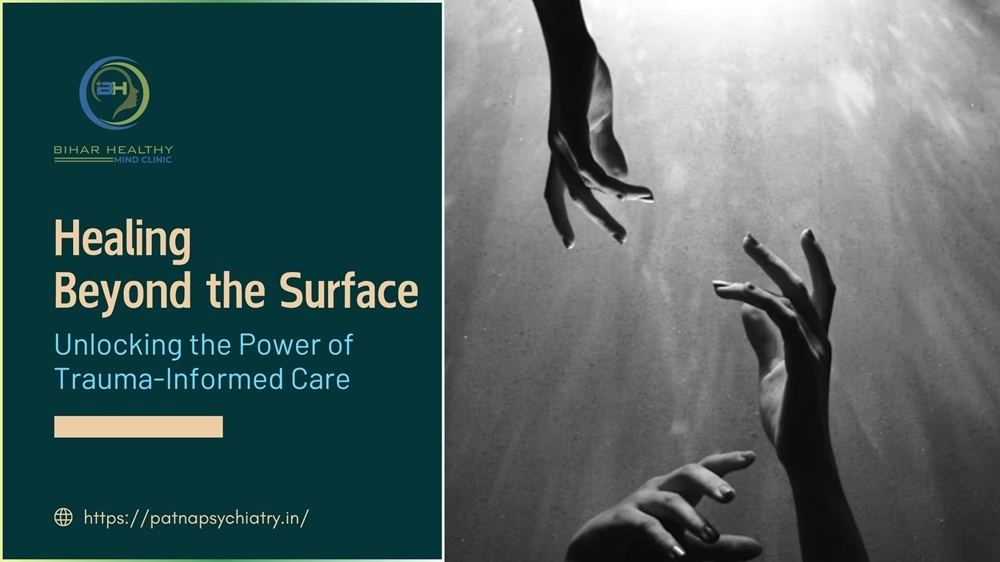

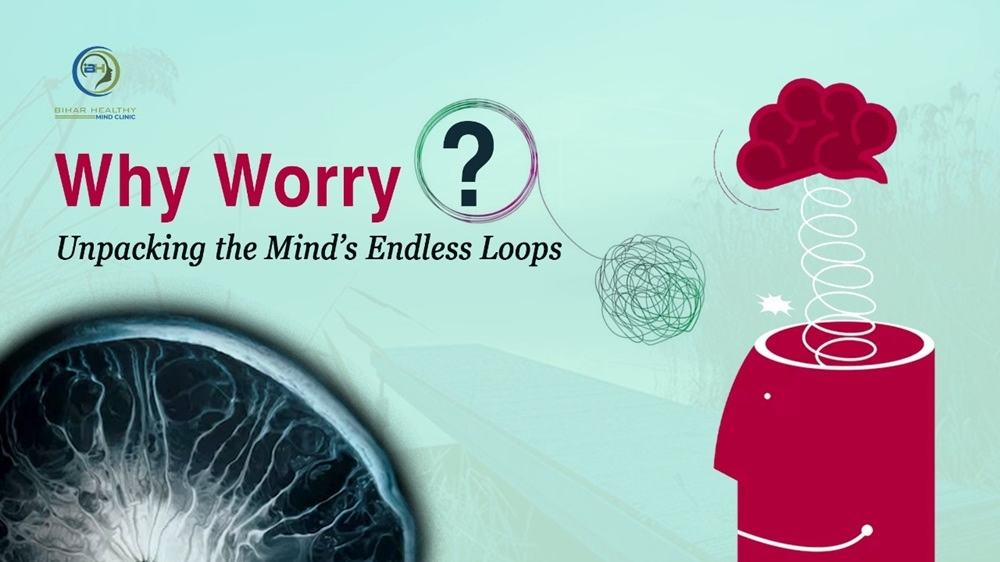
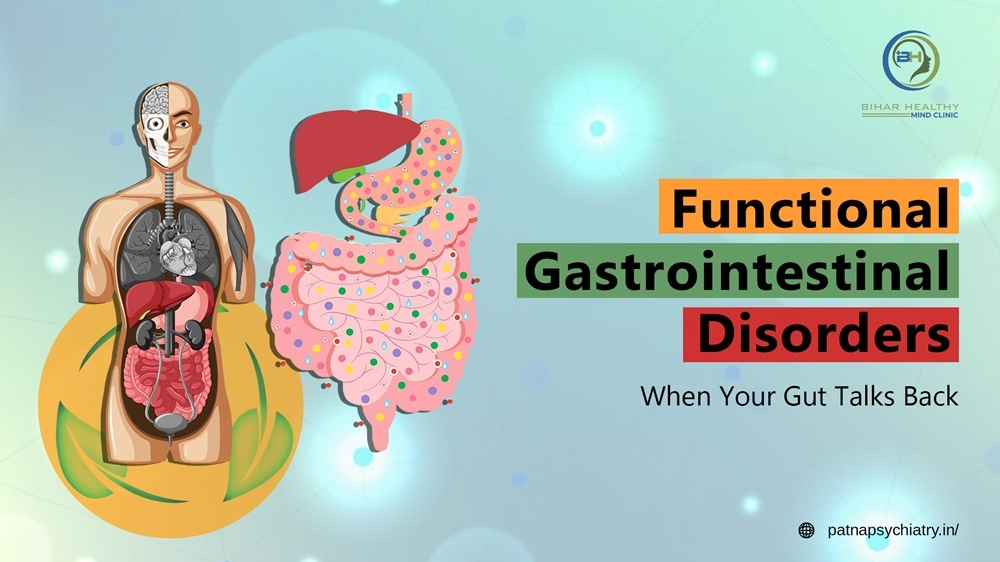
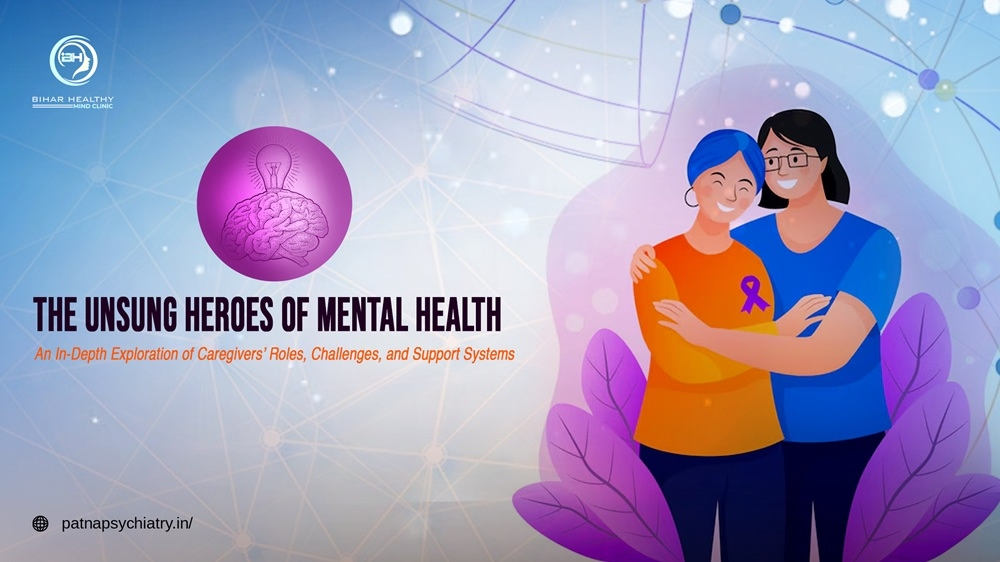
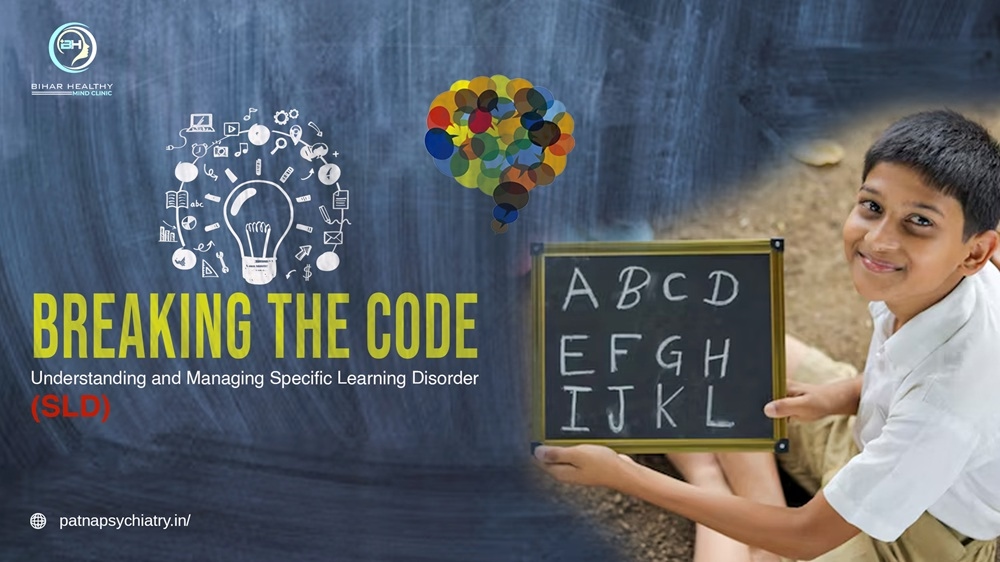

No comments yet. Be the first to comment!